Accutane Nakon Medical 20mg, 50 tab (INT)
€40.00
Introduction and Description:
Accutane Nakon Medical 20mg, 50 Tablets is an oral retinoid medication containing the active ingredient Isotretinoin, which is used primarily for the treatment of severe acne vulgaris (cystic acne). Isotretinoin works by decreasing the size and activity of sebaceous glands, significantly reducing the amount of oil produced on the skin and preventing clogged pores, which can lead to acne breakouts.
Accutane is highly effective for individuals who have not responded to other treatments, such as topical therapies or antibiotics, and is considered one of the most powerful treatments for severe acne. However, due to the potential for significant side effects, it should only be used under strict medical supervision.
Important: Accutane is teratogenic and should not be used by pregnant women. Patients must take careful precautions to avoid pregnancy during treatment, and regular monitoring is required throughout the course of the medication.
Buy Accutane Nakon Medical 20mg, 50 tab (INT) Online
Accutane Nakon Medical 20mg, 50 Tablets (INT) – Product Information
Product Name and Synonyms:
- Product Name: Accutane Nakon Medical 20mg, 50 Tablets (INT)
- Synonyms: Isotretinoin, Accutane, Isotretinoin 20mg, Accutane 20mg, Isotretinoin Tablets
- Chemical Class: Retinoid, Vitamin A Derivative
CAS Number:
- CAS Number: 4759-48-2
Molecular Formula and Structure:
- Molecular Formula: C20H28O2
Purity and Grade:
- Purity: 99% or higher (purity may vary depending on the supplier; always verify with the supplier before purchasing)
- Grade: Pharmaceutical Grade, International (INT)
Physical and Chemical Properties:
- Appearance: Soft, yellow to yellow-orange crystalline powder or in tablet form.
- Formulation: Oral tablets (20mg per tablet).
- Molecular Weight: 300.44 g/mol
- Solubility: Insoluble in water, soluble in organic solvents like ethanol and chloroform.
- Melting Point: 173-179°C
- Boiling Point: Not available
- pH: Neutral to slightly acidic in solution
Safety and Handling Information:
- Hazardous Classification: Accutane (Isotretinoin) is a potent medication and should be handled with care to avoid accidental exposure or misuse.
- Precautions:
- Store tablets in a cool, dry place away from light, heat, and moisture to maintain their stability.
- Keep out of reach of children and pets.
- This medication should be used only under the supervision of a qualified healthcare provider, as it can cause significant side effects, especially during pregnancy.
- Handling:
- Always handle with care and avoid crushing or breaking the tablets.
- Wear gloves if handling broken tablets to avoid direct skin contact.
- Accutane is teratogenic (can cause birth defects) and must not be handled by pregnant women or women who may become pregnant.
First-Aid Measures:
- Inhalation: Not likely to occur with tablet form, but in case of inhalation, move to fresh air immediately and seek medical attention if symptoms persist.
- Skin Contact: In case of accidental skin contact, wash the area immediately with soap and water. Seek medical advice if irritation occurs.
- Eye Contact: Rinse eyes thoroughly with water for at least 15 minutes. Seek medical help if irritation persists.
- Ingestion: In case of overdose, seek immediate medical assistance. Do not induce vomiting unless instructed by a healthcare provider.
Usage and Applications:
- Pharmaceutical Use:
- Accutane (Isotretinoin) is an oral retinoid primarily used for the treatment of severe acne vulgaris (cystic acne) that has not responded to other treatments, such as antibiotics or topical treatments.
- Isotretinoin works by reducing the size and activity of sebaceous (oil) glands, thereby decreasing the amount of oil produced on the skin and preventing clogged pores that lead to acne.
- It is also used in the treatment of other skin conditions such as keratinization disorders and rosacea, but these are off-label uses.
- Important: Isotretinoin should only be prescribed and used under the supervision of a healthcare provider due to its potential side effects and contraindications.
Storage Conditions:
- Storage: Store in a cool, dry place away from light, moisture, and direct heat.
- Container: Keep tablets in their original blister pack or in an airtight container to prevent degradation from air exposure.
- Temperature Range: Ideal storage temperature is between 15°C and 25°C (59°F to 77°F).
- Shelf Life: Best used within the expiration date printed on the packaging when stored properly.
Regulatory Information:
- Regulatory Status:
- Accutane (Isotretinoin) is a prescription-only medication in most countries, including the USA and EU. It is approved by regulatory bodies like the FDA for the treatment of severe acne, but it carries strict warnings due to its potential teratogenic effects.
- Disclaimer: This medication should only be used under the supervision of a healthcare provider. Always follow local regulations for the purchase, handling, and use of Accutane.
FAQ (Frequently Asked Questions)
1. What is Accutane Nakon Medical 20mg, 50 Tablets?
- Accutane (Isotretinoin) 20mg tablets are a prescription medication used for the treatment of severe acne vulgaris (cystic acne) that does not respond to other treatments like antibiotics or topical medications. It works by reducing the size and activity of sebaceous glands to prevent clogged pores.
2. How does Accutane work?
- Isotretinoin (Accutane) works by reducing the size and activity of sebaceous glands, leading to a significant reduction in the amount of sebum (skin oil) produced. This helps prevent clogged pores and acne formation. It also has anti-inflammatory effects that reduce redness and swelling associated with acne.
3. What are the side effects of Accutane?
- Common side effects include dry skin, chapped lips, dry eyes, and nosebleeds. Serious side effects can include liver damage, increased cholesterol levels, muscle and joint pain, and depression. It is essential to undergo regular monitoring while on Accutane treatment.
4. What precautions should be taken when using Accutane?
- Accutane is teratogenic and can cause severe birth defects. It must not be used by pregnant women or women who are planning to become pregnant. Patients should use two forms of contraception during treatment and for at least one month after completing the course.
- Regular blood tests and liver function tests are required during treatment to monitor for potential side effects.
5. How should Accutane be stored?
- Store Accutane tablets in their original blister pack in a cool, dry place, away from light, heat, and moisture. The ideal storage temperature is between 15°C and 25°C (59°F to 77°F).
6. Can Accutane be used by children?
- Accutane is typically used in adults and adolescents with severe acne. It is not recommended for use in children under 12 years of age, except in certain cases where other treatments have failed and under the close supervision of a healthcare provider.
7. Is Accutane safe to use without a prescription?
- No, Accutane is a prescription-only medication and should only be used under the guidance of a healthcare provider. It requires careful monitoring for potential side effects, and misuse can lead to serious health risks.

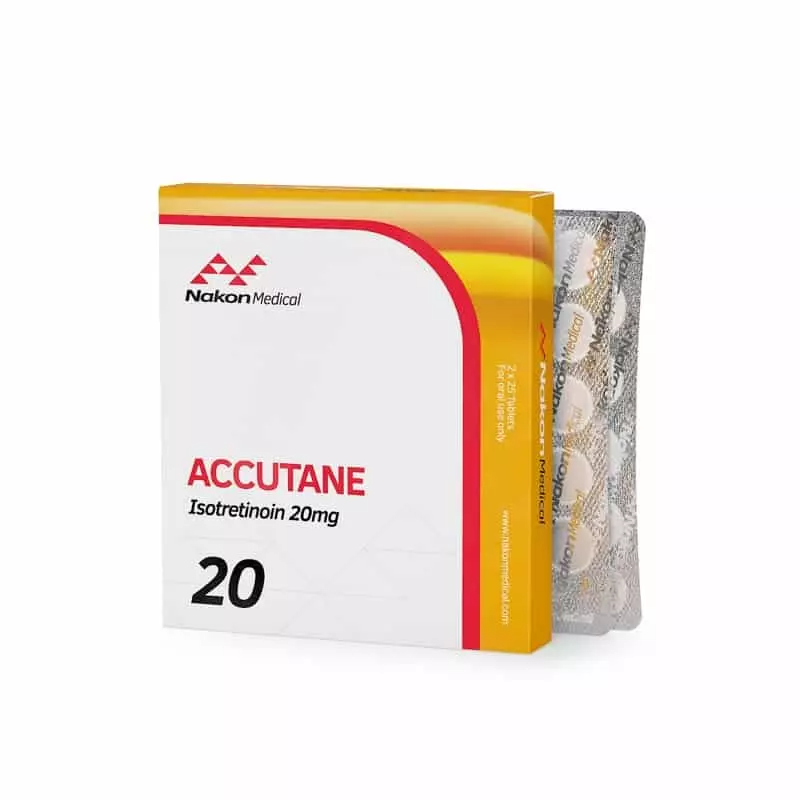
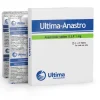
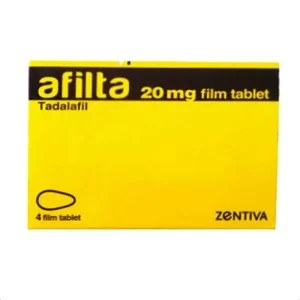
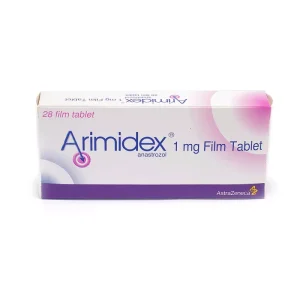
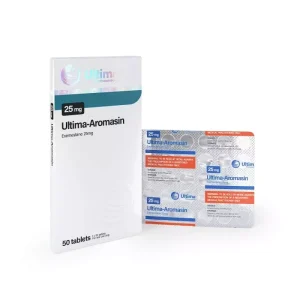
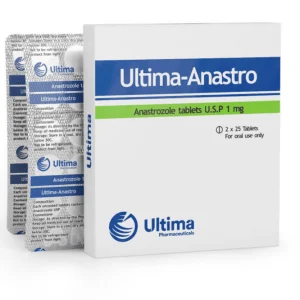
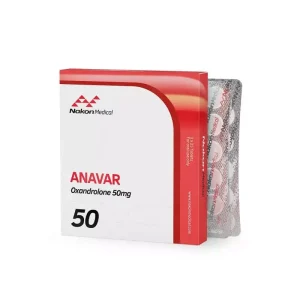
Reviews
There are no reviews yet.